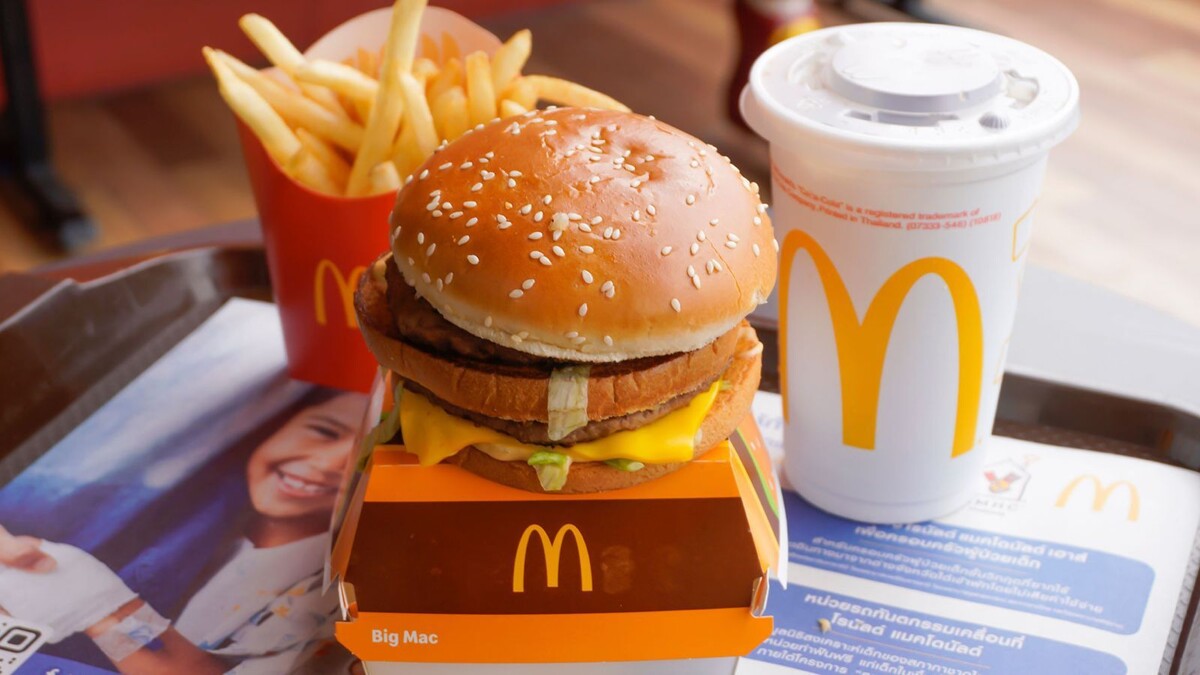
An E. Coli outbreak linked to onions served on McDonald's Quarter Pounder hamburgers has affected at least 104 people in the United States, 34 of whom have been hospitalized, according to federal health authorities on Wednesday. Cases have been reported in 14 states, according to an update from the Centers for Disease Control and Prevention (CDC).
CDC officials have stated that the risk to the population remains low, but it is important to be aware of the symptoms of E. coli poisoning. This type of bacteria causes approximately 74,000 infections annually in the country, resulting in more than 2,000 hospitalizations and 61 deaths, according to CDC data.
Symptoms typically appear quickly, within the first 48 hours after consuming contaminated food, and include fever, vomiting, diarrhea or bloody diarrhea, as well as signs of dehydration. Taylor Farms, an agricultural company based in California, recalled the onions potentially linked to the outbreak.
The U.S. Food and Drug Administration (FDA) conducted analyses that detected a strain of E. Coli bacteria that produces dangerous toxins in onion samples, although it did not match the strain causing the outbreak, according to officials.
The onions served at the affected McDonald's locations are no longer available to the public, having surpassed their shelf life. A total of seven people linked their poisoning to having consumed at McDonald's during a trip.
The sliced onions from McDonald's Quarter Pounder hamburgers were identified as the possible source of the outbreak, which can lead to severe kidney injuries, especially in children under 5 years old. One person died in Colorado, and four others have renal complications that threaten their lives.
Cases have been reported in Colorado, Montana, Nebraska, New Mexico, Missouri, Utah, Wyoming, Kansas, Michigan, Iowa, North Carolina, Oregon, Washington, and Wisconsin, with infections reported between September 12 and October 21.














